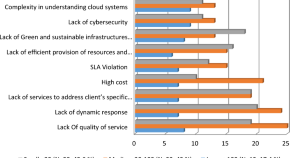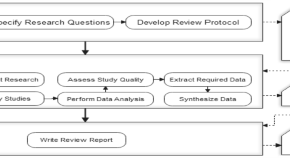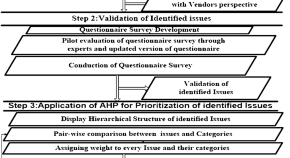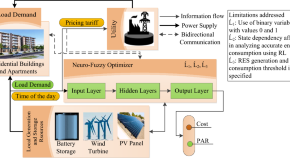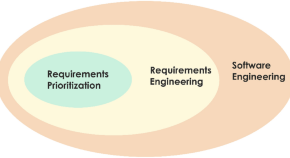A framework for real-time dress classification in cluttered background images for robust image retrieval
Authors (first, second and last of 4)

Collection
Assistant Professor, Department of Computer Engineering, Gachon University, Seongnam, South Korea
Associate Professor, School of Physics and Optoelectronics, Nanjing University of Information Science and Technology (NUIST), Nanjing, China
Assistant Professor, Computer Engineering Department, Sir Syed University of Engineering & Technology, Karachi, Pakistan

